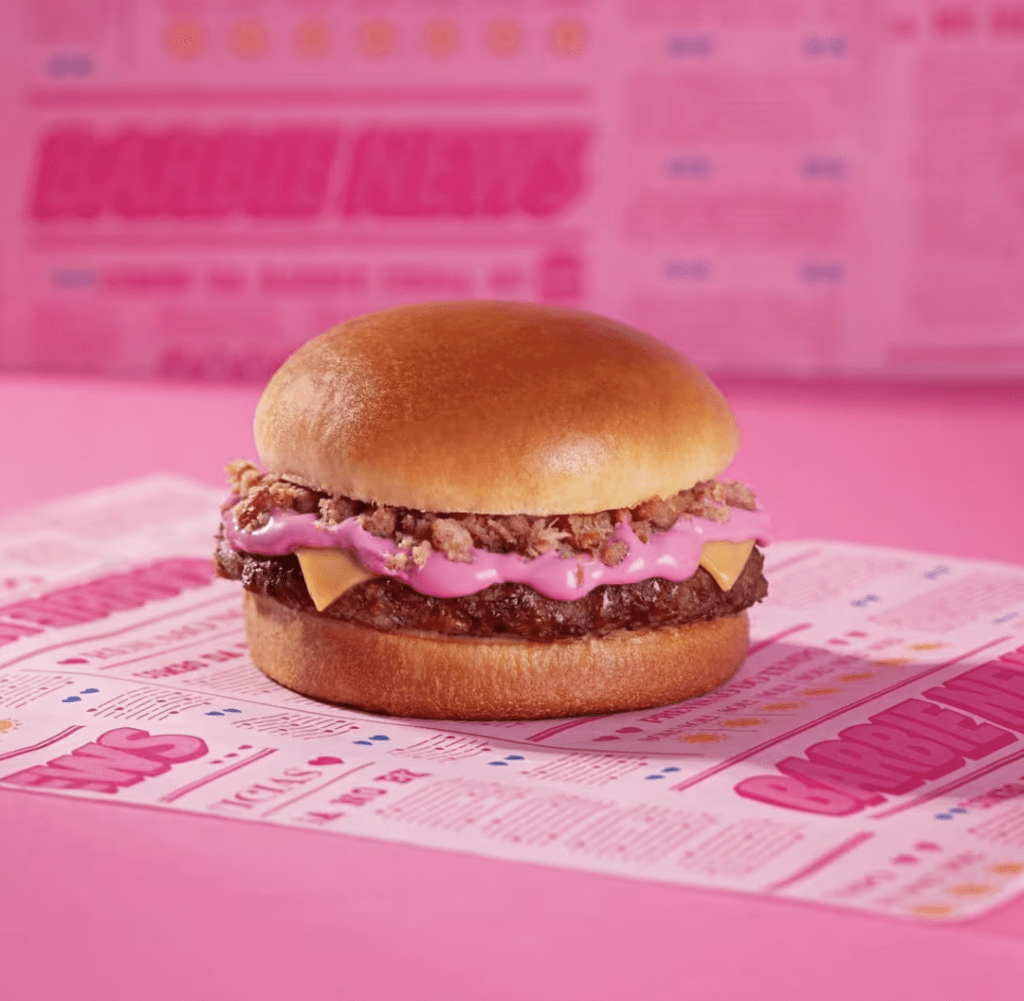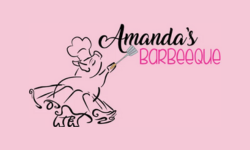Trademark lawyers are not branding or marketing consultants. But that is not to say that trademark lawyers should not be involved in the branding and marketing process. Indeed, whether clients are big or small, embarking on a branding strategy that may cause confusion in the marketplace is a waste of resources and could potentially lead to infringement litigation. Not a good result. Retaining a trademark lawyer to vet the proposed branding strategy is a wise use of resources. That being said, even an army of lawyers may not protect a business from overreaching trademark enforcement. Let’s take a look at a recent case involving the iconic Barbie brand owned by Mattel, Inc.
Amanda’s Barbeeque is a small Atlanta-based establishment known for its barbecue and trailblazing female pit master. The name, which plays on the phonetic similarity to “barbecue,” reflects the restaurant’s creative branding and nod to its founder. The pink color scheme of Amanda’s brand was used to honor her grandmother’s battle with breast cancer. In August 2022, Amanda Kinsey filed a trademark application for her pink logo depicting a pig and the words AMANDA’S BARBEEQUE:
It is unlikely that Amanda was aware that large corporations such as Mattel monitor trademark filings for potentially confusing trademarks. Even more unlikely is that she believed that her logo could be conceivably mistaken or confused with the iconic Barbie brand. Amanda’s restaurant doesn’t market to children, sell dolls, or use any imagery remotely resembling Mattel’s Barbie. Yet, Mattel filed an opposition action with the Trademark Trial and Appeal Board (TTAB). Why would Mattel do this? That’s because policing trademarks is as important as registering them. Policing requires that you monitor the world of commerce to ensure that others are not using your marks — or confusingly similar marks — and, if so, that you take immediate action against the infringers. There is little point in owning a trademark if you are willing to grant infringers free rein to use your trademark and benefit from its goodwill. With respect to famous brands — and Barbie is a famous brand — brand owners are tasked with ensuring that others are not diluting or tarnishing the brand by associating it with unrelated goods and services or in a manner that degrades the brand. For example, associating Barbie with pornography would unequivocally fall into that category.
So, yes, Mattel is within its right to go after AMANDA’S BARBEEQUE, but is this a case of good faith monitoring or is it corporate overreach? There are two views.
In a recent article in trademarklawyermagazine.com, the reporter makes the case that authenticity branding does not exempt small businesses from potential trademark issues. Whenever a business incorporates elements of a famous brand, it runs the risk of infringing it. The author writes, “trademark law is designed to protect consumers from confusion and prevent dilution of brand identity, which means that even a heartfelt name like ‘Amanda’s BarBeeQue’ can raise legal concerns if it closely resembles a famous brand.” So, buyer beware. But does AMANDA’S BARBEEQUE resemble a famous brand and does it cause confusion? Do customers dine at Amanda’s believing they are at a Mattel-sponsored or Barbie-related dining establishment?
Clearly, Mattel owns trademark rights in the color pink as it applies to its iconic dolls. It may also come as a surprise to some readers that there are Barbie-related foods associated with pink. Maybe Mattel has a point. And the word “barbeeque,” which is simply a phonetic rendering of “barbeque,” may actually underscore a potential connection between the Barbie brand and Amanda’s restaurant. Amanda doesn’t see it that way, and nobody makes this argument better than Amanda herself:
Amanda, as best as she can, is trying to preserve her trademark. She has a gofundme site and updates on her Facebook and Instagram feeds. The dispute has also been the subject of local news in Atlanta.
In a statement, Mattel said it “proudly supports entrepreneurs and inventors” and:
has no interest in disrupting Ms. Kinsey’s business. Quite the opposite; we wish her and her business great success,” the company said. “From the Barbie Dreamhouse to the Barbie Malibu Café, the Barbie brand is expressed in myriad ways through products and experiences, from apparel to foods, and our trademark, which affords protection against names that have a similar pronunciation, helps us ensure we can continue to do so, now and into the future.”
Despite its support, it appears that Mattel may not give up the fight. But popular opinion can turn the tide. For example, David Chang, a “celebrity chef” and founder of Momofuku restaurants and related food goods, applied for ownership of the CHILI CRUNCH trademark for “Condiments; sauces; food flavorings being non-essential oils; chili oil for use as a seasoning or condiment; chili oils being condiments.” The goods and services bear a close resemblance to the common identification of “chili crisp.” There was a huge public outcry that Chang was appropriating a cultural culinary mainstay. Chang ended up apologizing and not enforcing his trademark.
Don’t expect Mattel to stop enforcing the Barbie brand. But there is an outside chance that it could back away from its dispute with Amanda if the cultural noise becomes loud enough. Otherwise, Amanda will be left with the task of proving that there is no confusion nor dilution of the Barbie brand, a difficult and expensive task.
— Adam G. Garson, Esq.




